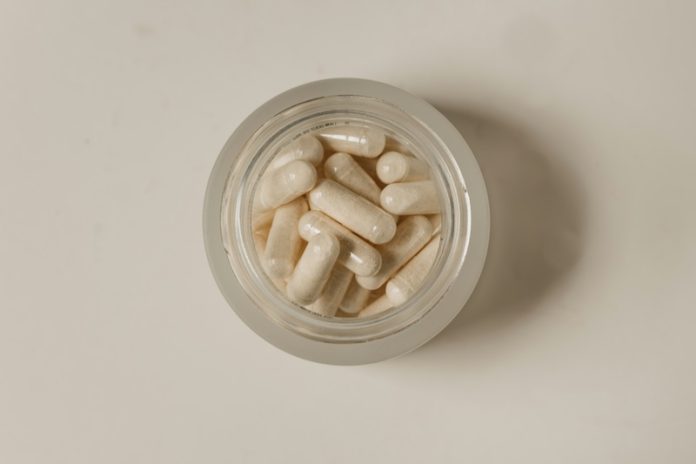
Statins are widely used medications to lower high cholesterol, and many people rely on rosuvastatin, a popular drug in this class.
While statins are effective for heart health, a recent study from Johns Hopkins highlights potential kidney-related risks associated with rosuvastatin, especially at higher doses.
Previous concerns about rosuvastatin’s effects on the kidneys arose during its approval process by the U.S. Food and Drug Administration (FDA).
Early studies linked the drug to signs of kidney damage, including hematuria (blood in the urine) and proteinuria (protein in the urine). However, limited follow-up studies were done to monitor these risks in real-world settings.
In this new research, scientists analyzed data from electronic health records covering over 900,000 patients.
The study compared 152,101 new users of rosuvastatin with 795,799 new users of another commonly prescribed statin, atorvastatin, between 2011 and 2019. Participants were followed for three years to track kidney-related outcomes.
The results showed that 2.9% of rosuvastatin users experienced hematuria, while 1.0% showed proteinuria. Compared to atorvastatin, rosuvastatin was linked to:
- An 8% higher risk of hematuria
- A 17% higher risk of proteinuria
- A 15% higher risk of kidney failure requiring treatments like dialysis or transplantation
The risks of hematuria and proteinuria increased with higher doses of rosuvastatin. Alarmingly, in people with advanced kidney disease, nearly half were prescribed rosuvastatin at doses exceeding the FDA’s recommendations for those with poor kidney function.
The study found that both rosuvastatin and atorvastatin provided similar heart health benefits.
However, the higher risks of kidney problems associated with rosuvastatin raise questions about its use, particularly at high doses. For people with advanced kidney disease, these risks may outweigh the benefits.
The researchers recommend caution when prescribing rosuvastatin, especially at high doses or for individuals with existing kidney issues. They emphasize the need for doctors and patients to weigh the potential risks and benefits carefully.
This study, led by Jung-im Shin, was published in the Journal of the American Society of Nephrology.
It underscores the importance of monitoring kidney health in people taking statins and highlights the need for safer dosing practices, particularly for those at higher risk of kidney problems.
If you care about heart health, please read studies about how drinking milk affects risks of heart disease, and herbal supplements could harm your heart rhythm.
For more information about heart health, please see recent studies about how espresso coffee affects your cholesterol level, and results showing Vitamin K2 could help reduce heart disease risk.
Copyright © 2024 Knowridge Science Report. All rights reserved.



